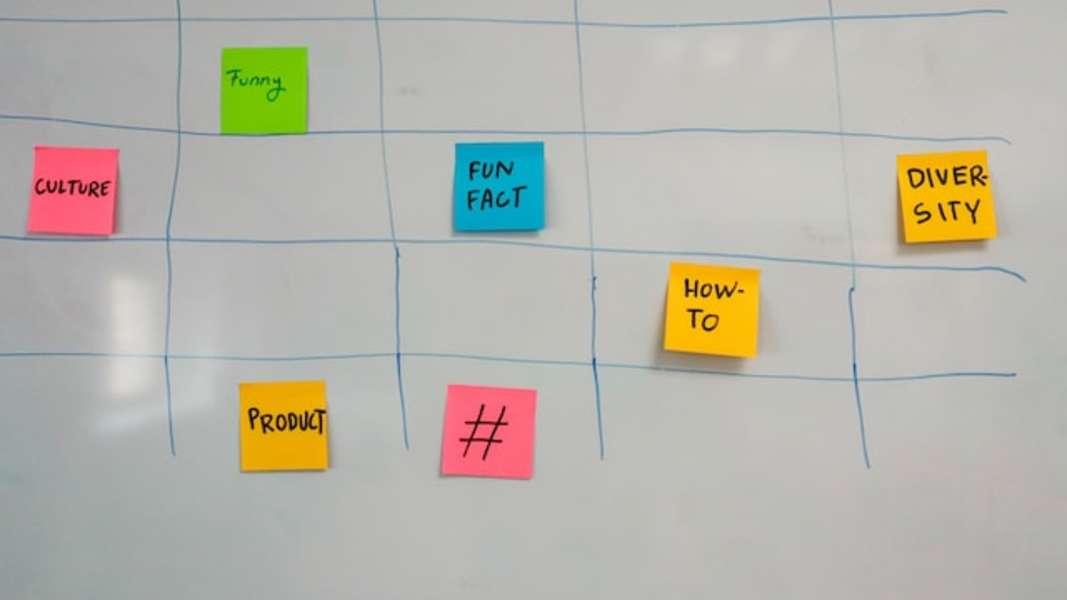
Best Culture Fit Interview Questions
April 27, 2023

Finding the right candidate for a job involves more than just evaluating their skills and experience. To ensure a successful hire, companies must also evaluate whether a candidate is a good culture fit for their organization.
In this article, we will outline the best culture fit interview questions to ask a candidate to ensure they are the right fit for your organization.
Why should you assess culture fit in an interview?
Assessing culture fit in an interview is crucial to ensure that a candidate is a good fit for the organization's culture. Culture fit refers to the extent to which a candidate's values, beliefs, work style, and personality align with the organization's values, norms, and practices.
Hiring candidates who are a good cultural fit can lead to increased job satisfaction, productivity, and employee retention. When employees feel that they fit in with the organization's culture, they are more likely to be engaged in their work and committed to the organization's success.
Conversely, hiring candidates who are a poor cultural fit can lead to lower job satisfaction, decreased productivity, and increased turnover. When employees do not fit in with the organization's culture, they may feel isolated, disengaged, or uncommitted to the organization's goals and values.
Best culture fit interview questions
These questions can help you gauge a candidate's values, work style, and interpersonal skills, all of which can be important factors in determining whether they'll be a good culture fit for your organization.
1. What type of work environment do you thrive in?
Asking a candidate about the type of work environment they thrive in can provide valuable insights into their work preferences and how well they may fit into your organization's work environment.
For example, if your organization has an open-office space, you may want to ensure that the candidate is comfortable working in a collaborative and social environment, and can effectively manage distractions.
2. How do you handle stress and pressure?
Understanding how a candidate handles stress and pressure can provide valuable insights into their ability to perform in the role and fit into the organization's work culture.
By asking this question, interviewers can assess whether the candidate is likely to be successful in the role and whether they will be able to manage the demands of the job in a way that aligns with the organization's values and expectations.
3. How do you prioritize your workload?
This question can help determine whether the candidate's work style aligns with the organization's values and expectations, such as whether they prioritize tasks based on deadlines, importance, or urgency.
4. Can you describe a time when you had to make a difficult ethical decision at work?
This question can help interviewers identify whether a candidate is able to recognize and navigate ethical dilemmas in the workplace, and whether they are committed to upholding ethical standards in their work.
It can also help assess the candidate's ability to think critically and make tough decisions when faced with ethical challenges.
5. What are your core values, and how do they align with our organization's values?
Asking a candidate about their core values can provide insight into what motivates them, how they approach their work, and what they prioritize in their personal and professional lives. By understanding a candidate's core values, interviewers can assess whether they are likely to be a good cultural fit for the organization.
The second part of the question, "how do they align with our organization's values?", is particularly important as it can help assess whether a candidate shares similar values with the organization.
6. How do you approach learning new skills and knowledge?
This question assesses whether a candidate's approach to learning aligns with the organization's values and expectations.
For example, if the organization values continuous learning and professional development, interviewers may want to ensure that the candidate is committed to learning new skills and knowledge throughout their career.
7. Can you describe a time when you had to adapt to a new situation or process?
Asking a candidate about a time when they had to adapt to a new situation or process can provide insight into how they approach new challenges and how they manage change.
This question can also help assess whether a candidate's approach to change aligns with the organization's values and expectations.
For example, if the organization values flexibility and adaptability, interviewers may want to ensure that the candidate is able to adjust to new situations and processes quickly and effectively.
8. What motivates you to improve and grow professionally?
Asking a candidate about their motivation to improve and grow professionally can provide insight into what drives them, how they approach their work, and what they prioritize in their career.
By understanding a candidate's motivation to improve and grow professionally, interviewers can assess whether they are likely to be a good cultural fit for the organization.
9. Where do you see yourself in five years, and how does this role fit into your long-term career goals?
This question provides valuable insights into a candidate’s motivation, aspirations, and potential for growth and development. This information helps the interviewers assess whether a candidate's long-term career goals are aligned with the organization's values and expectations.
If the organization values continuous learning and professional development, interviewers may want to ensure that the candidate is motivated to grow and develop professionally in the long term.
10. How do you approach goal setting and tracking your progress?
The question can help interviewers assess whether the candidate has a clear idea of their career aspirations and has set measurable goals to achieve them. A candidate who is goal-oriented is likely to have a clear plan of action to achieve their goals and will be motivated to work towards them.
By understanding a candidate's goals, interviewers can assess whether they have the level of ambition and drive required for the role and the organization.
11. How do you stay up-to-date on industry trends and best practices?
Asking a candidate about their approach to learning new skills and knowledge can provide valuable information about their commitment to their professional development and their awareness of the latest industry trends and best practices.
This way, the interviewer can determine whether the candidate is motivated to continuously learn and develop their skills and knowledge. A candidate who is committed to their professional development is likely to be highly motivated to stay up-to-date with the latest industry trends and best practices.
12. Can you describe a time when you had to step outside of your comfort zone to achieve a goal?
This question evaluates the candidate's overall fit with the company's culture and values.
If the company values innovation and risk-taking, a candidate who describes a time when they took a bold and unconventional approach to achieve a goal may be seen as a good fit for the company's culture.
Alternatively, if the company values stability and predictability, a candidate who describes a more cautious and measured approach to achieving their goals may be seen as a better fit.
13. Can you describe a time when you had to balance competing priorities and deadlines?
Depending on the organization, the ability to balance competing priorities and deadlines may be highly valued.
If the organization places a high emphasis on productivity and efficiency, for example, a candidate who is able to manage multiple priorities effectively may be seen as a good fit.
Alternatively, if the organization values teamwork and collaboration, a candidate who can describe a situation where they worked closely with others to manage competing priorities may be seen as a better fit.
14. Can you give an example of a time when you had to take initiative to solve a problem?
Depending on the organization's priorities, proactively taking steps to solve problems can be highly regarded.
If the company values innovation and creativity, a candidate who can provide inventive solutions to challenges might be viewed favorably.
Conversely, if the organization puts more emphasis on teamwork and collaboration, a candidate who can demonstrate how they collaborated with others to solve a problem may be considered a better fit.
15. Can you describe a time when you had to adapt to a new company culture or environment?
Every company has its unique culture, values, and ways of doing things. A candidate who has experience working in different organizations and cultures is likely to have developed a set of skills and qualities that make them adaptable and flexible. They may be able to quickly learn and adapt to new cultures and ways of working, which can be a significant advantage in an ever-changing work environment.
Final thoughts
Finding the right candidate who fits well within a company's culture is essential for building a strong and productive workforce. As such, it's crucial for interviewers to ask the right questions during the hiring process.
The interview questions highlighted in this article can help assess a candidate's ability to work well in a specific organizational culture.
However, to get the best results, you may want to consider incorporating personality tests into your recruitment process. These tests are designed to measure a candidate's personality traits, values, and behavioral tendencies, which can provide insight into how they might perform in a given role and within a particular company culture.
Boost your hiring power.
Start using Neuroworx today.
Talk is cheap. We offer a 14-day free trial so you can see our platform for yourselves.
Try for free




